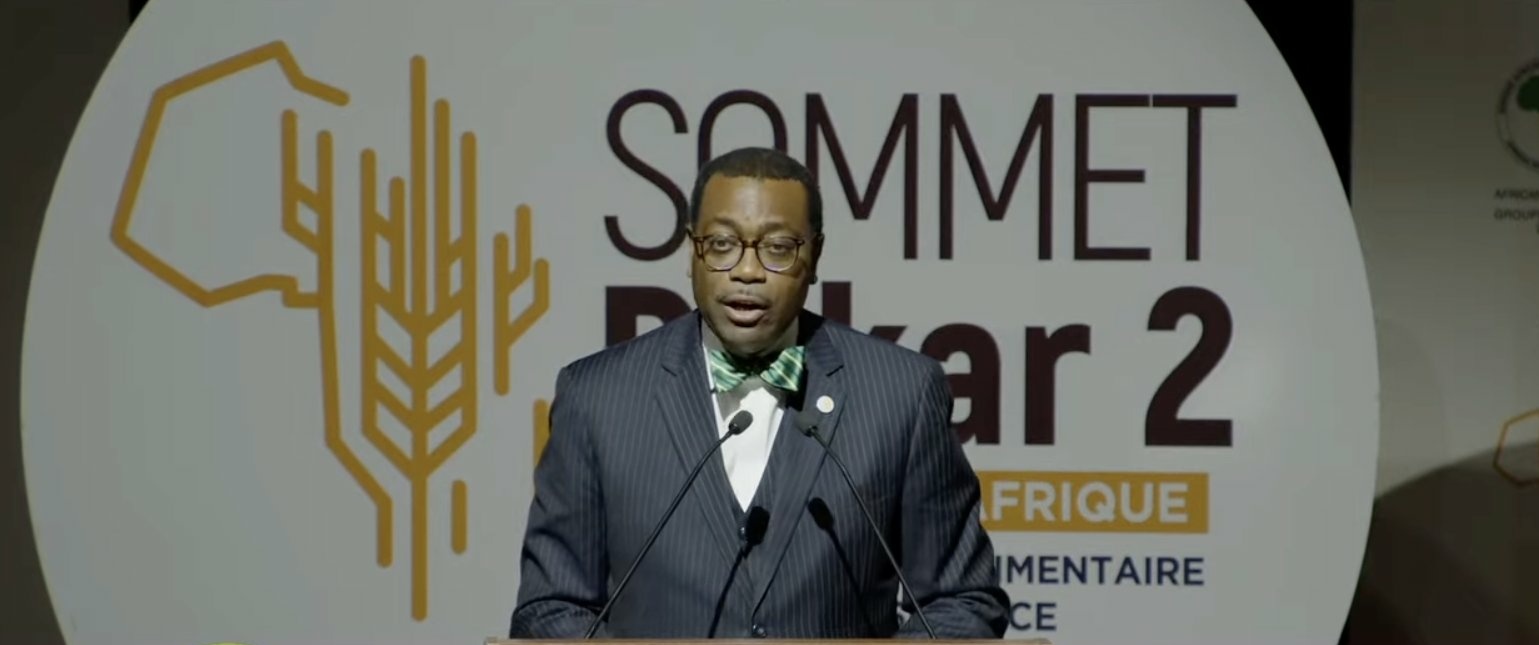|
Getting your Trinity Audio player ready…
|
By Baboloki Semele
Dakar, Senegal: Heavy debt burdens following the COVID-19 pandemic, climate change, unrest and conflicts in Africa, rising food prices, and the war in Ukraine have added more to Africa’s food insecurity. The continent is facing its worst food crisis ever with more than one in five Africans; a record 278 million people facing hunger according to the United Nations. Against this background, the president of the African Development Bank, Dr. Akwinumi Adesina has charged African heads of State and Governments to prioritize food production.
Adesina noted that the African Development Bank spends about US$ 70 billion annually on food imports. Alongside the government of Senegal, the current chair of the African Union, the African Development Bank has convened a three-day Dakar Feed Africa Summit 2, which started on Tuesday, and ends today under the theme “Food sovereignty and resilience.”
The top AFDB diplomat seized the opportunity to announce during the summit, African Development Bank’s US$10 billion support for the continent’s food and agriculture initiative over the next 5 years.
The initiative, dubbed Compact Africa Agriculture, aims to promote the production of agricultural products of optimal quality and quantity in a little surface area.
Adesina noted that the initiative is meant for Africa to achieve food security at a large scale. To a rouse of applause, Adesina called heads of State and Governments to prioritize assistance to women and youth, who mostly reinvest their profits in educating children, developing communities, feeding families, and expanding the economic sector.
He made mention of Sudan, where 317 000 hectares of wheat were cultivated in three years, cutting imports by half. In the same vein, he applauded Ethiopia for doing well four years ago in the usage of technology, ultimately producing 800 000 hectares of heat-tolerant wheat from the initial 5000 hectares.
Dr. Adesina used the opportunity where over 34 presidents or their representatives were present, to appeal for support from political leaders, private sector leaders, and development partners to increase access to market, production, and trade to ensure Africa produces enough to feed itself.
He said the low bar is for Africa to feed itself, while the high bar is for Africa to feed the world. He further appealed for the development of infrastructure, energy, markets, irrigation input, food processing, and value chain addition.
